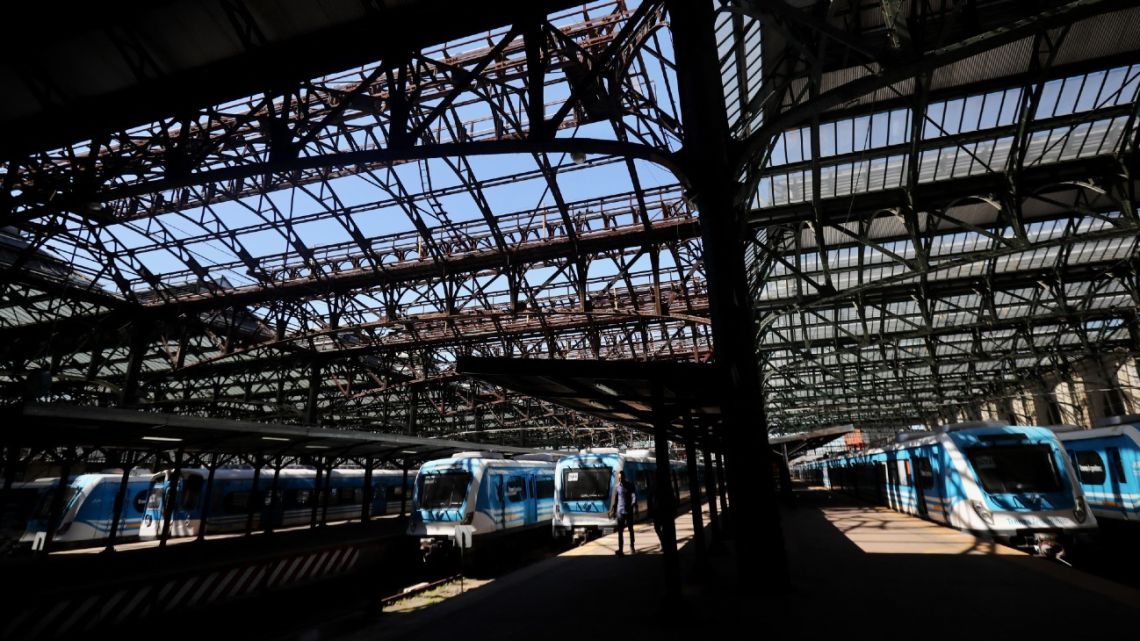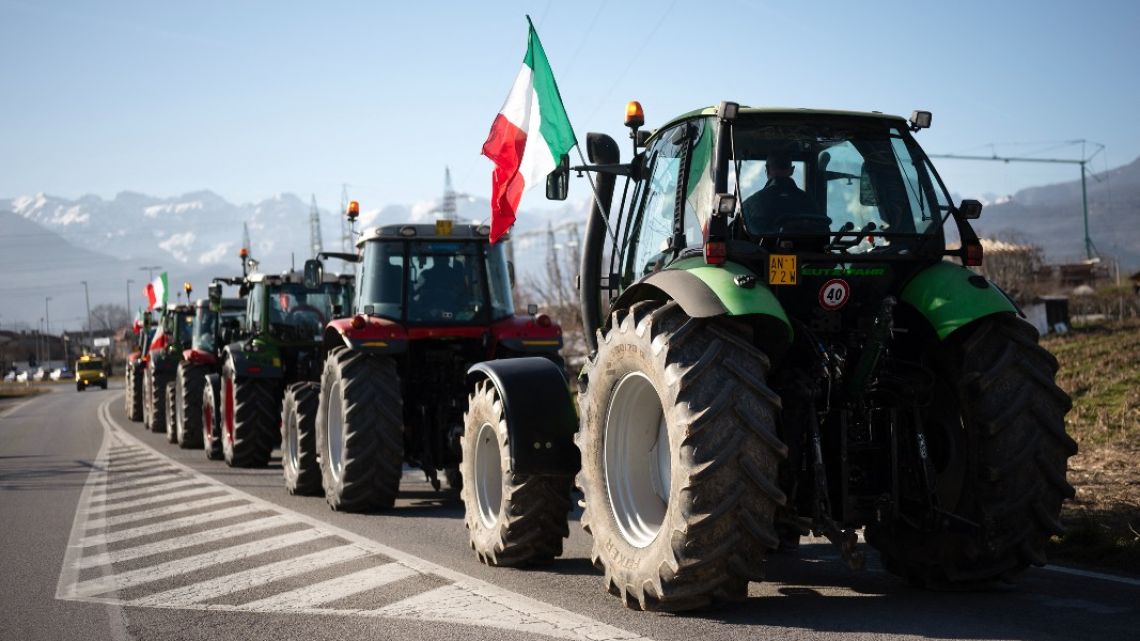Brazil’s industrial sector faced ongoing cost pressures as the Producer Price Index (IPP) increased by 0.66% in September 2024.
This marks the eighth consecutive month of growth, according to the Brazilian Institute of Geography and Statistics (IBGE). The cumulative 12-month increase now stands at 6.06%.
The IPP measures factory gate price changes, excluding taxes and freight. It covers 24 activities in extractive and manufacturing industries.
Of these, 17 sectors reported price hikes in September compared to August, indicating a widespread inflationary trend. Food manufacturing drove September’s IPP growth, contributing 0.90 percentage points.
Analysts link this to higher beef prices due to reduced pasture areas from drought and wildfires. Seasonal factors affecting sugar production also played a role.
 Brazilian Producer Prices Rise for Eighth Straight Month. (Photo Internet reproduction)
Brazilian Producer Prices Rise for Eighth Straight Month. (Photo Internet reproduction)Not all sectors saw increases. Extractive industries experienced a 5.85% price decrease, contributing-0.27 percentage points to the IPP.
Rising Producer Prices and Economic Implications
Oil refining, biofuels, paper, and cellulose sectors also reported price drops, partially offsetting the overall trend. The persistent rise in producer prices raises concerns about potential impacts on consumer prices.
As production costs increase, businesses may pass these onto consumers, potentially leading to broader inflationary pressures.
Brazil’s Central Bank faces the challenge of balancing inflation control with economic growth support. It may need to consider tightening monetary policy if producer price increases continue to accelerate.
For businesses, rising costs could squeeze profit margins and affect competitiveness. Companies may need to explore efficiency improvements or alternative sourcing strategies.
Smaller businesses may struggle to absorb or pass on these increased costs. Consumers should prepare for potential price increases, especially in food products.
This could strain household budgets, particularly for lower-income families. The government faces pressure to address factors contributing to these price increases.
Policies supporting agricultural productivity, improving supply chain efficiency, and promoting competition could help alleviate some inflationary pressures.
As Brazil navigates these economic challenges, the coming months will be crucial. The trajectory of producer prices will significantly influence the country’s overall economic health and policy decisions.

 By The Rio Times | Created at 2024-10-30 17:39:14 | Updated at 2024-10-31 05:29:50
12 hours ago
By The Rio Times | Created at 2024-10-30 17:39:14 | Updated at 2024-10-31 05:29:50
12 hours ago



